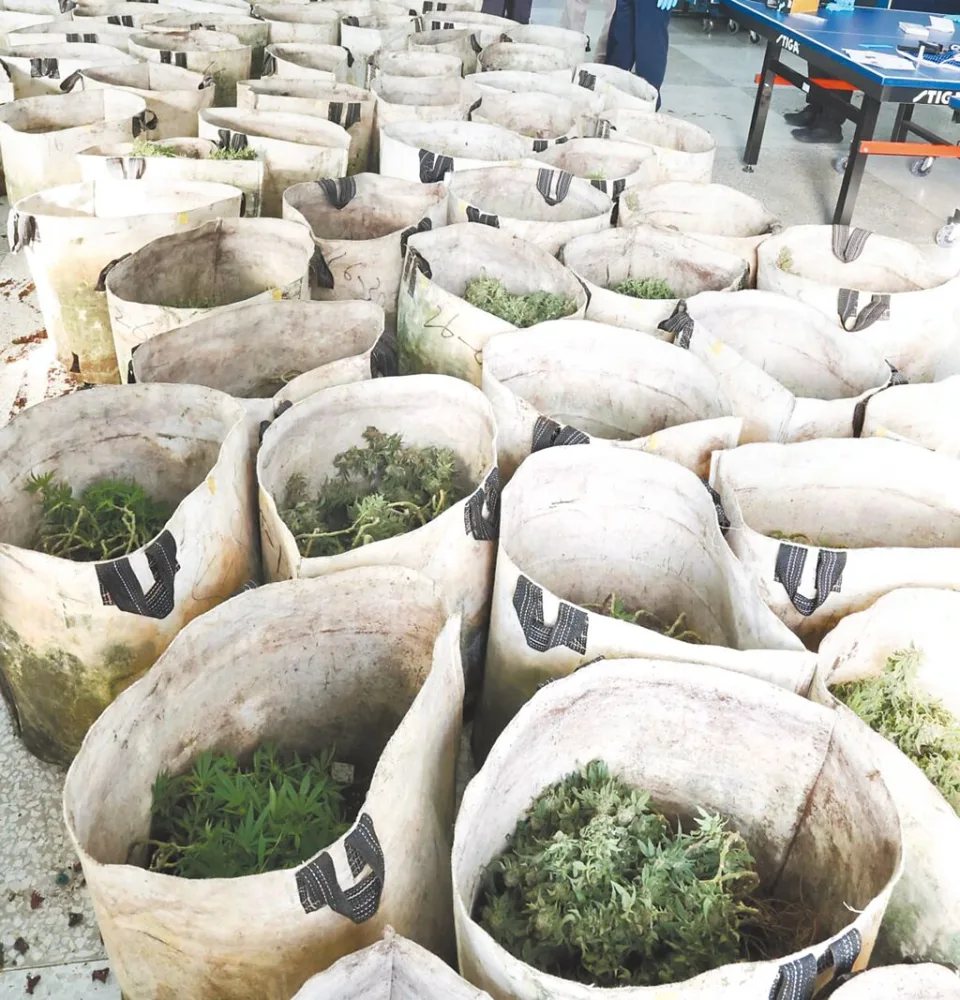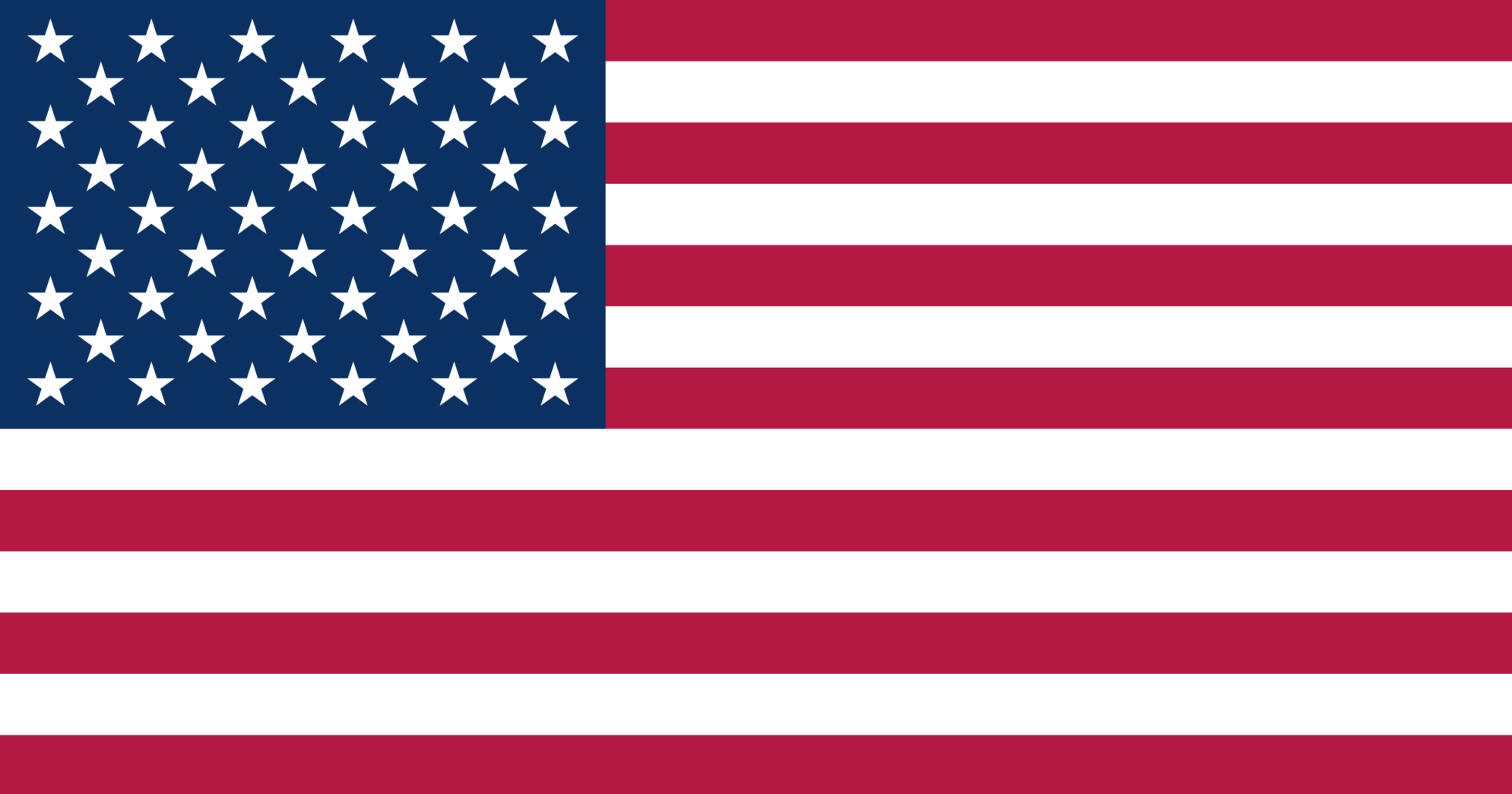Biden wins votes as US plans to downgrade marijuana to Class III drug

The US government has classified marijuana as a “scheduled drug” since 1970, and now there is hope that restrictions will be relaxed. The Biden administration is preparing to reclassify marijuana as a lower-risk drug. This is a historic shift in drug policy that has been rare in the United States for generations, and it may have a chain reaction across the country. According to US media reports, the US Drug Enforcement Administration (DEA) will propose on the 1st to recognize the medical use of marijuana and reclassify marijuana as a lower-risk drug, but will not fully legalize marijuana for recreational use. This historic shift will make federal policy more in line with public opinion. Since 1970, marijuana has been classified as a Schedule I drug along with heroin, MDMA (commonly known as ecstasy), and LSD (commonly known as psychedelic drugs), which means that it is considered to have no recognized medical use and has a high potential for abuse. Under federal anti-trafficking laws, offenders will be sentenced to heavy penalties. Under the DEA proposal, marijuana would be downgraded to a Schedule III drug, the same category as ketamine, anabolic steroids, and painkillers containing codeine, which have a moderate to low potential for addiction. Schedule III drugs are still subject to regulatory control, and those who sell them without a permit could still face criminal prosecution. The downgrade still needs approval from the Office of Management and Budget and a lengthy public comment period before it can be finalized. The issue is seen as a potential draw for Biden in the presidential election, especially as he tries to win the favor of young voters. Biden called last October for a review of federal marijuana laws and pardons for thousands of Americans convicted of simple marijuana possession. He also called on governors and local leaders to take similar steps toward decriminalizing marijuana. More and more people, especially young people, are accepting and supporting the decriminalization of marijuana. A poll last fall found that 70% of adults in the United States supported legalizing marijuana, the highest level on record and more than double the 30% support in 2000. There are still some people who criticize the DEA for not adjusting the control level of marijuana, believing that reclassification is unnecessary and may have harmful side effects. But others believe that marijuana should be regulated as the same type of item as alcohol. Senate Majority Leader Chuck Schumer recently led 21 Democrats to jointly write to the DEA and the Department of Justice, demanding that marijuana be removed from the control list and be regulated at the same level as alcohol. However, the federal government’s marijuana policy does lag behind the practices of many states. Currently, 38 states in the United States have legalized marijuana for medical purposes, and 24 states have legalized the recreational use of marijuana, driving the rapid growth of the marijuana industry by nearly $30 billion.





